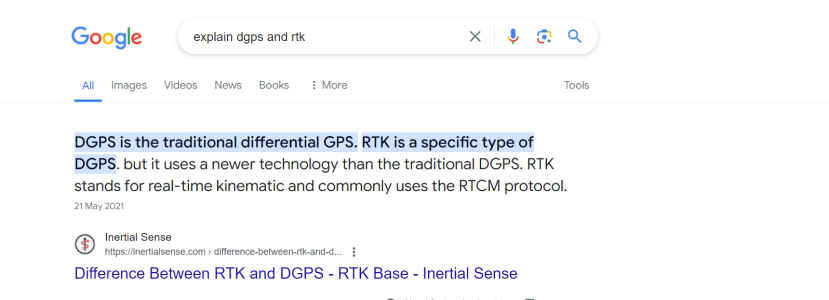boomerangben
Well-known member
Problem is finding a pilot who can fly to 1cm accuracyIt's already in use in aviation to permit approaches to conventional instrument landing system minima using aircraft GPS, it's called GBAS Landing System (or GLS).
What's the deal with GLS approaches?

